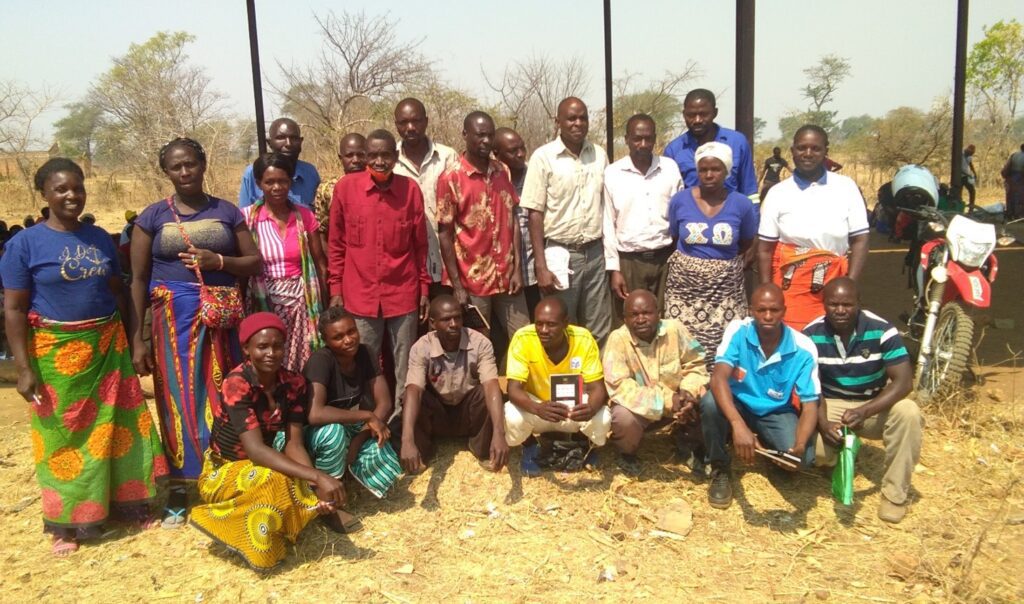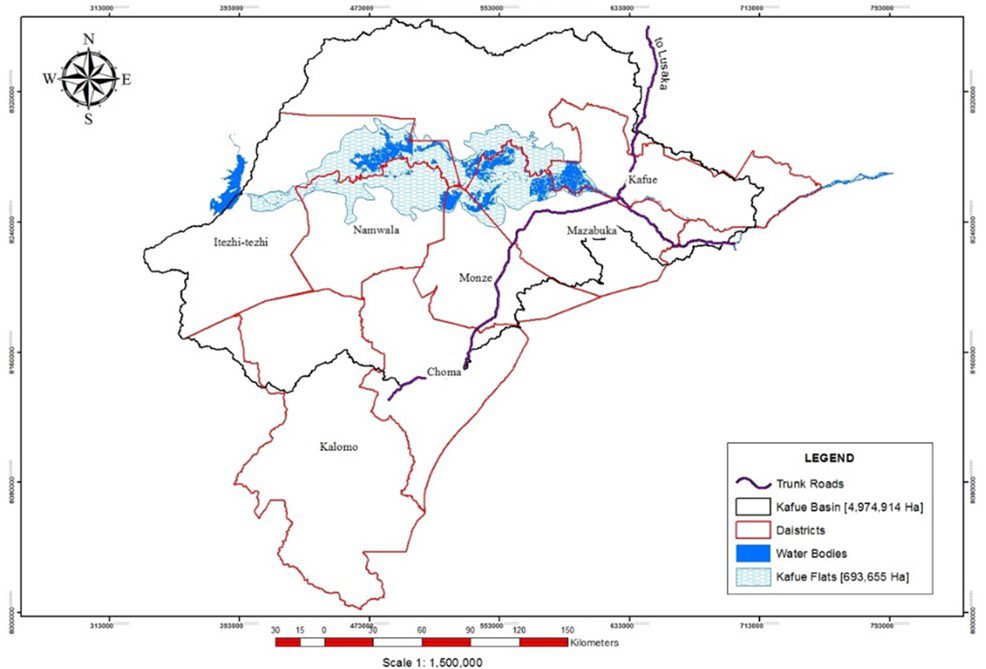
The University of Worcester’s Professor of Sustainable Development, Alan Dixon, has been working on a project in sub-Saharan Africa to help communities build resilience and protect the environment.
The PRESERVE Kafue project, run by non-governmental organisation Self Help Africa and funded by Jersey Overseas Aid, aimed to enhance the resilience, food, income, and nutrition security of 3,651 households in the Kafue sub-basin, in Zambia, over 46 months. Implemented in Mazabuka, Monze, and Namwala districts, the project focused on balancing natural resource conservation with livelihood promotion through a Functional Landscape Approach (FLA).

Professor Dixon worked with the project, which published its final report in 2022/23, to carry out research on co-management of wetlands by the community leadership and government departments, reviewing comparative approaches and delivering best practice.
A detailed research report was shared with the donor and other key stakeholders and findings informed the development of the sustainable plan for each district.

The Kafue Flats provide approximately 50% of Zambia’s hydro-electric power, 44% of Lusaka’s water supply, nearly 90% of sugarcane for domestic and export markets, support 20% of the national cattle herd, and sustain one of the country’s most productive wild fisheries. Despite their national importance, the Kafue Flats are under increasing pressure because of poor and fragmented management and unsustainable livelihood practices.
The Project aimed to build the capacity of community leadership to protect and restore essential eco-systems along the Kafue sub-basin. By promoting a balance between natural resource conservation and livelihood improvement, the project contributed to sustainable development in the region.